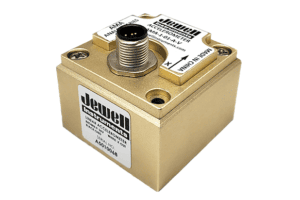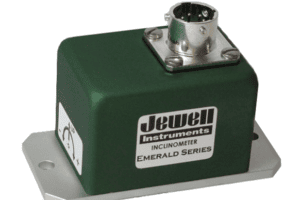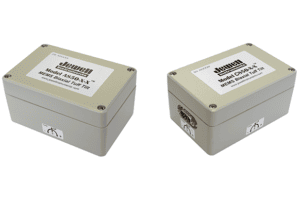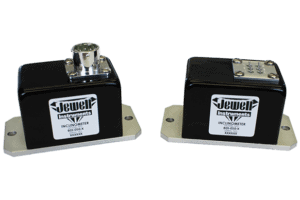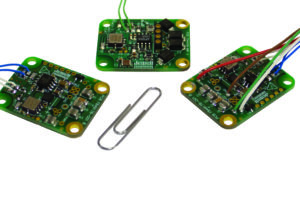When developing a new railcar, bridge, or construction machine, every movement is a crucial contribution to the success or failure of the project. Implementing precision inertial sensors into the design of a project is a necessity, but with limited resources, short design cycles, and tight budgets, engineers are expected to do more with less. High precision sensors typically cost thousands of dollars each, but there are low-cost sensors that will run a few hundred bucks a piece, without sacrificing too much precision.
Low Cost Sensors for Design Engineers
MEMS Sensors
MEMS sensors can be purchased fully packaged at significantly lower prices than traditional sensors. They aren’t quite as sensitive as traditional sensors (resolution to 0.0001° tilt, 0.04 mg acceleration), but for many OEM and industrial applications, this is sufficient precision.
MEMS accelerometers have high vibration sensitivity (up to 400 Hz), which can be useful for detecting failures within a mechanical design.
MEMS Sensors
Emerald Series inclinometers and accelerometers
(3.5 µrad or 3.5 µg resolution) are higher precision OEM sensors with servo technology and durability (IP65) seal. However, they are not fluid-damped so you’ll want to keep them away from vibration. This series falls under the traditional precision sensor category, but without the steep price tag.
MEMS and Emerald series sensors have a small footprint making them easy to build into a design and they have the precision to serve applications such as construction equipment, industrial automation, solar trackers, platform positioning, and automotive testing.
Low-Cost Sensors for Civil Engineers
Tuff Tilt Sensors
Civil engineers need a static and weatherproof unit that can be mounted on a bridge, building, dam, or platform to track structural integrity. The 850 and 875 series utilize low-cost MEMS technology within weatherproof enclosures providing a geotechnical tilt solution that brings down costs.
Black Diamond Series Sensors
The Black Diamond 750-050 is much like the Emerald Series in terms of performance and price but is intended for the geotechnical industry. Most civil engineering tiltmeters have a large footprint, but the Black Diamond (1.55″ W x 3.10″ L x 2.04″ H) saves on space.
Use a Raw Sensor
If you have the means to construct an enclosure of your own, PCA MEMS boards can be purchased on their own as an easy and affordable tilt sensing option.
Looking for a quote or a custom sensor? Contact us to learn how we can build a solution tailored to your project and budget.

